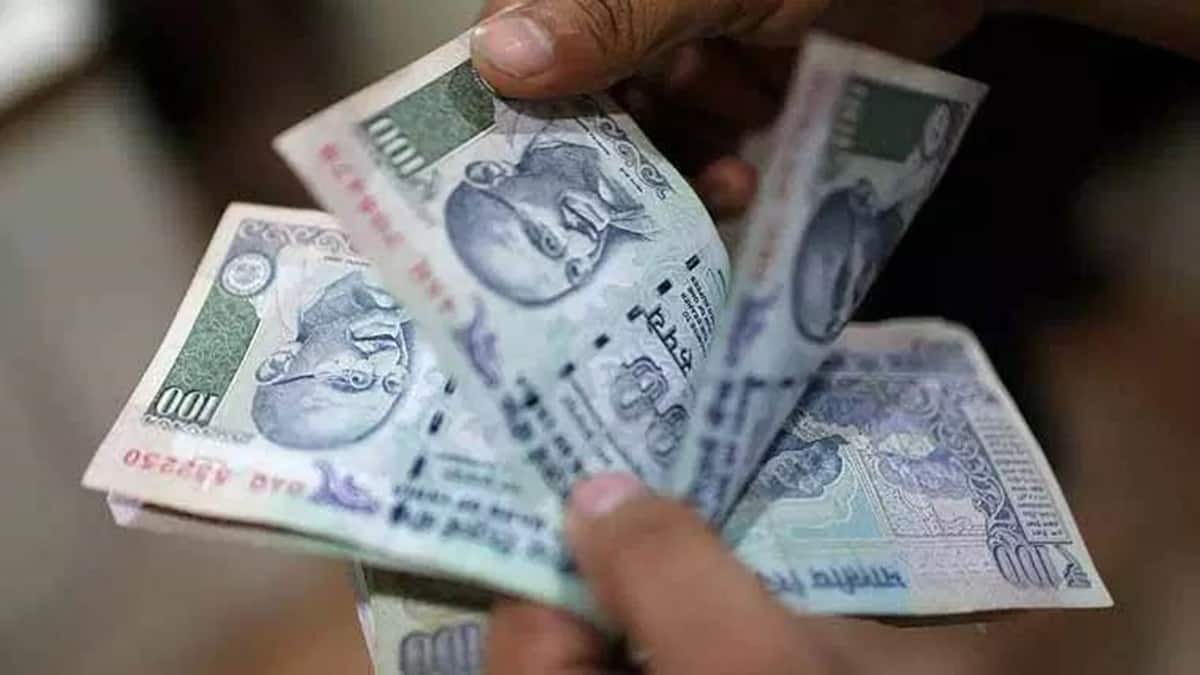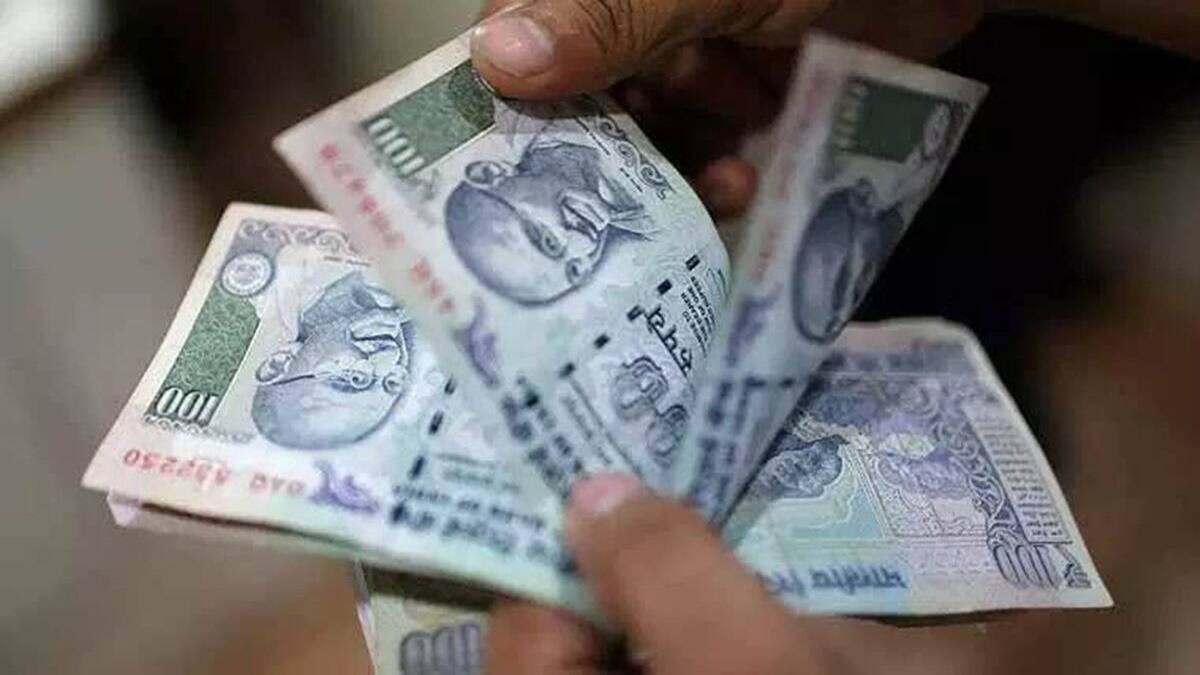Foreign investors have upgraded India as a dedicated allocation in their investment portfolios given the strong economy, stable government and significant reforms undertaken over the last eight years, equity experts have said.
According to the experts, who participated in Futures Industry Association (FIA) Asia trade conference held in Singapore from November 29 to December 1, investment is flowing into India’s growth story.
“Investment is flowing into India’s Growth Story. We see investments being redirected as FPIs reposition their dollars amidst uncertainties in China,” Jatia told PTI on the sidelines of FIA Asia 2022.
Also read: Inflation and trend drove 2022, what will drive FX markets in 2023, volatility?
“We are seeing the current pickup gaining momentum as FPIs have turned net buyers of India with over USD 5 billion coming in over November and early December relative to the USD 23 billion they pulled out over the first ten months of 2022,” Jatia added.
He said that the flip is impressive considering the cost of liquidity has gone up significantly with the Fed Funds Rate, currently at 3.83 per cent, slated to rise an additional 50 basis months this month.
Sunil Sachdeva, a Singapore-based stock market expert with focus on Indian equities, said that the Indian stock markets have shown good resilience in recent months, and hit a new growth trajectory though some of the leading global markets are down by 15-20 per cent due to the economic uncertainties.
“This resilience has come from good Government regulatory reforms, RBI’s sharp eye on the economy with supportive policies and a good level of domestic consumption,” Sachdeva, who is also the Treasury Director of Safron Pte Ltd, a family office based in Singapore, said.
“The Indian markets have entered into a new trajectory. The Indices are at an all-time high,” he said.
Sachdeva said this is just a start of a multi-year growth cycle and it is time to stay invested.
“We have seen very large interest in India as a market at the FIA event here and everyone wants a pie of Indian stocks. International and domestic investors want to be part of the Indian Growth Story,” he said.
A few months back, there was a confusion among international investors as to where to invest when comparing India with China.
Also read: Partnering with UHNIs: 5 Ways Family Offices Add Value
“In China, the valuation looks very good but definitely there are COVID-related uncertainties,” Sachdeva underlined.
He said in India there is a political certainty attracting the investments, stability and the Government policies look good.
“Funds through Foreign Portfolio Investors are flowing into India. Today, India has over 10 crores of dematerialized (demat) accounts. Just imagine the growth potential, if the demat accounts grow to 20-30 crores in the coming decade,” said Sachdeva.
Domestic investors are moving their low-interest rate fixed deposits from banks to the higher return stock market, where major industrial sectors, such as listed companies from infrastructure, auto and banks have reported a good level of profitability in the second quarter.
India equities have outperformed international markets.
“We are seeing Indian equities growing 7 per cent year on year return while comparatively the US markets are down 14 per cent,” he said.
Sachdeva believes the Indian equity market could grow up to 5-8 per cent year on year.
Sachin Gupta, who is the CEO of Noida-based firm Share India, said that the India Growth Story will be intact for the next 10 years as people’s participation and views towards the market is very positive.
“The Indian stock market is bullish because the economy is doing very well. As of now, we only have 3-4 per cent of the total population participating in the stock markets while the Government wants more citizen participation in this wealth generation trade,” he said.
There are a lot of people leaving fancy jobs at major Indian corporations and opting for trading in the stock market or becoming professional traders, he noted.
Young professionals, in the 25-30 age group, and some of them from Tier-III cities, have started investing in the stock and shares.
Gupta sees 20-25 per cent of the Indian population participating in the stock markets in the coming decade, up from 7 per cent of the total population that is now taking interest.
Priyanka Sachdeva, who is a market analyst at Singapore’s Phillip Nova Pte Ltd, said strong domestic demand and government are pushing the manufacturing sector in a bid to make India more self-reliant and reduce import dependability add additional sheen to the bullishness to Indian equities against entire global mayhem.
But she also cautioned, “Going into 2023, Indian equity growth can receive a mild blow as foreign portfolio investor (FPI) flows might weaken slightly for India and instead shift to China, as prospects of its economy fully re-opening post-COVID by next year.” Meanwhile private sector capex likely will pick-up, strong earnings momentum continues and demand conditions are expected to stay strong, said the Singapore-based stock market analyst.



